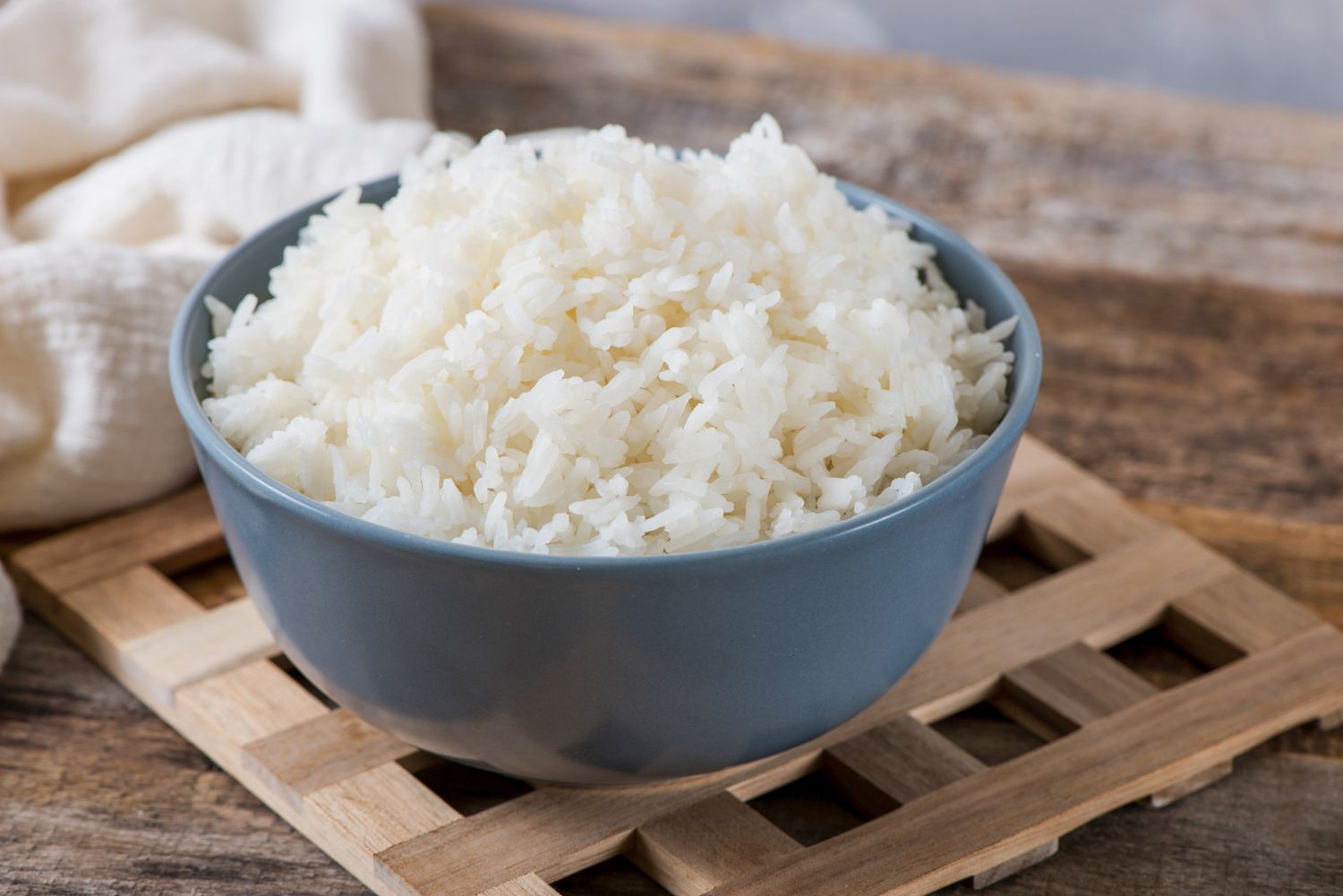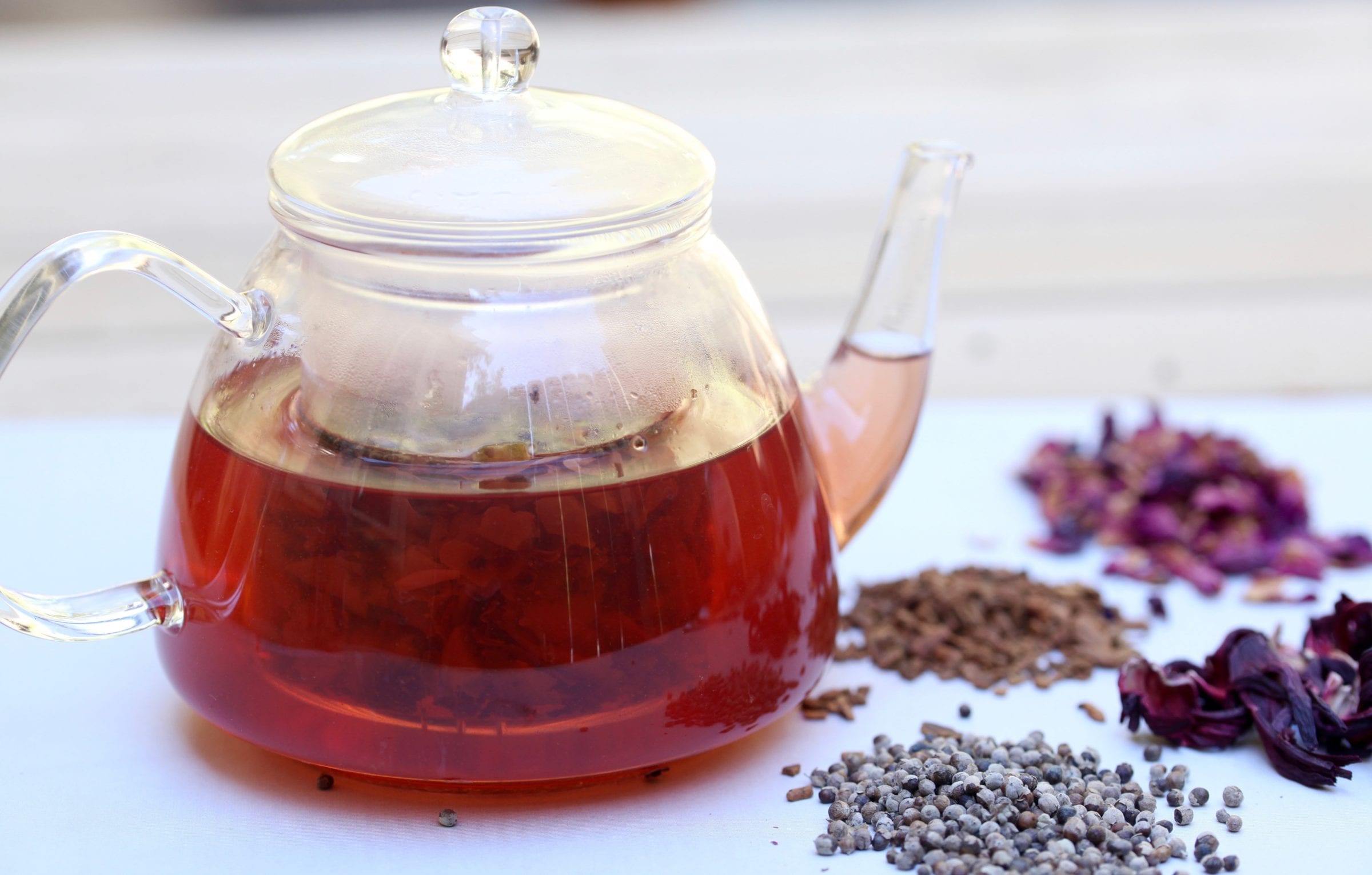Jasmine rice is an aromatic long-grain rice that is native to Thailand. Also known as “Thai Hom Mali Rice” or “Thai Fragrant Rice,” it is quite popular and highly consumed around the world. [1]
Jasmine rice is characterized by its flowery aroma, and a delicious, nutty taste. Its texture is slightly sticky and soft when cooked.
But, is jasmine rice healthy? How can it influence your eating habit, as well as your health?
This aromatic rice is quite nutritious and popular among health-conscious people. Some of the well-known jasmine rice benefits are that it can prevent constipation and certain types of cancers.
There are two varieties of jasmine rice, and the brown variety contains more nutrients than the white one.
Continue reading to explore more about the nutrient facts of jasmine rice and the health benefits you may get by consuming it.
Nutritional Profile of Jasmine Rice
Although low in protein, this rice is a good source of simple carbohydrates and can provide instant energy.
According to the database from the United States Department of Agriculture, one cup of cooked jasmine rice contains the following nutrients: [2]
- Calories: 170
- Protein: 3 grams
- Carbohydrate: 39 grams
- Calcium: 2 mg
- Potassium: 35 mg
However, one cup of cooked brown jasmine rice contains 2 grams of dietary fiber and 1.08 mg of iron, which make it a healthier choice than the white one. [3]
Health Benefits of Jasmine Rice
Following is a list of some health benefits you may get by consuming this fragrant rice:
1. Jasmine Rice Can Provide Energy.
If you want a carb-lead meal for energy or to build your body, brown jasmine rice can be a good option for you.
The calories you will get primarily comes from its carbohydrates. You will also get 2 grams of carb from the fiber, which comes mostly by breaking the starch into sugar. [4]
The sugars power up your muscles, brain, and other tissues and give you the required energy.
2. It May Promote Healthy Heart.
You can get a significant amount of vitamin B3 by consuming jasmine rice.
Vitamin B3 or niacin is vital for your health as it can control cholesterol levels and fight cardiovascular diseases. [5]
A study published in 2014 shows that niacin can reduce the level of bad cholesterol by 5% to 20% and raises the level of good cholesterol by 15% to 35%. [6]
It may also prevent the hardening of arteries by lowering oxidative stress. [7]
3. Jasmine Rice Can Prevent Constipation.
Jasmine rice is rich in insoluble fiber, which aids in digestion and prevents constipation.
According to a study published in the Food & Nutrition Research, consumption of dietary fiber can reduce the constipation rate. [8]
Regular consumption of jasmine rice can help in flushing out food effectively through the gastrointestinal tract and softening the stool, thus preventing constipation.
4. It May Help Diabetes Patient.
A diabetes patient needs to follow a low glycemic index (GI) diet; hence most varieties of white rice are not suitable for them.
While white jasmine rice possesses a high GI level, the brown variety has a lower GI level. That’s why brown jasmine rice is a healthier option for people with diabetes. [9]
Besides, brown jasmine rice contains a significant amount of fiber, polyphenols, and phytic acid that are beneficial for people who have type-2 diabetes.
According to a 2018 research, consuming a high amount of dietary fiber may reduce the risk of type-2 diabetes. [10]
If you have diabetes but still want to have rice, you can switch to brown jasmine rice.
5. Jasmine Rice Provides Essential Minerals.
Consuming mineral-rich food is crucial to maintaining a proper system function and overall health. While Jasmine rice is not rich in minerals, it can provide a sufficient amount of essential minerals to your body.
Jasmine rice provides a good amount of magnesium, iron, and phosphorus to the body.
Phosphorus can help in cell repair, improving bone health, protein formation, and detoxifying the body.
In a study published in the Biological Trace Element Research, it was stated that phosphorus is crucial in the maintenance of bone health. [11]
Another 2007 study proves the importance of phosphorus in keeping the kidneys healthy. [12]
You may experience muscle spasms or aches if you have a magnesium deficiency. Consuming jasmine rice may provide you with daily required magnesium. [13]
Besides, magnesium may also help treat insomnia and constipation, and prevent osteoporosis, among others.
Iron deficiency is the key reason why most people suffer from anemia. One cup serving of brown jasmine rice contains 1.08 grams of iron, which may help reduce the iron deficiency in your body. [14]
6. It Can Provide a Modest Amount of Amino Acids.
Amino acids are vital for human health to improve muscle growth, reduce soreness, and fatigue, and treat liver problems, among others. [15]
Brown jasmine rice is low in protein, but it can still contain a modest amount of protein.
The rice provides eight essential amino acids that cannot be produced in the body, which makes this rice important for maintaining a healthy metabolism and functioning muscle. [16]
Brown Vs. White Jasmine Rice: Which One is Healthy?
Although both brown and white jasmine rice is considered healthy, there is a specific reason why you may need to avoid the latter.
- As white jasmine rice possesses a high glycemic index, it may not be a good choice for those who have diabetes. [17]
- A 2017 study shows that some rice varieties (including jasmine rice) contain a significant amount of inorganic arsenic that can be toxic to your health. [18]
- Jasmine rice is a calorie-rich food, meaning that you need to limit the amount of consumption if you’re overweight. But brown rice is higher nutritional values.
Bottom Line
Considering the numerous health benefits, it is easy to see why jasmine rice is so famous.
However, it’s also important to follow a healthy preparation to ensure proper nutrition. For example, cooking in a low sodium broth can be a healthier way to consume rice.
You can also pair it with lots of leafy greens, lean meat, and Greek yogurt to make a nutritious meal.
Considering the nutritional profile, it is highly recommended that you choose whole-grain brown jasmine rice over white one.
Read Next: A Whole-Foods, Plant-Based Diet: Why You Should Try It?





